Mick Ralphs’ burly guitar tone and arrangements made “Ready for Love,” “Can’t Get Enough,” “Bad Company,” “Feel Like Makin’ Love,” and others part of the soundtrack of the ’70s.
English guitarist, vocalist, and songwriter Mick Ralphs was among a select group of performers who achieved both consistent commercial success and artistic triumph throughout a career that extended from the mid-’60s until 2016, when a stroke led to his hospitalization and, eventually, retirement. Ralphs, who died on Monday, June 23, at age 81, was a founding member of two seminal British rock bands, Mott the Hoople and Bad Company. But he also had other collaborations and led groups that faithfully performed the other idiom he loved besides rock—the blues. Bad Company was recently voted into the Rock and Roll Hall of Fame, with its induction ceremony scheduled for November. His co-founding Bad Company member Paul Rodgers issued a statement Monday on the group’s website shortly after the news broke.
“Our Mick has passed; my heart just hit the ground,” Rodgers said. “He has left us with exceptional songs and memories. He was my friend, my songwriting partner, an amazing and versatile guitarist who had the greatest sense of humor. Our last conversation was a few days ago, we shared a laugh, but it won’t be our last. There are many memories of Mick that will create laughter. Condolences to everyone who loved him—especially his one true love, [Ralphs’ wife] Susie. I will see you in heaven.”
Ralphs was born in 1944 in the Western English county of Herefordshire, and began playing with blues bands in his teens. As a soloist, Ralphs could deliver either flashy, speedy licks or thoughtful, intricate riffs and phrases. His songwriting prowess reflected an ability to create catchy lyrics and pen engaging melodies that would hook audiences. His fame and recognition expanded during his tenure in Mott the Hoople. Initially known as the Doc Thomas Group, and later the Shakedown Sound and/or Silence, the band began in 1966 with Ralphs on guitar, vocalist Stan Tippis, and bassist Pete Overend Watts. Later they added drummer Dale “Buffin” Griffin and organist Verden Allen.
They changed their name to Mott the Hoople after signing with Island in 1969, doing so on a request from producer Guy Stevens. He’d read a novel by Willard Manus titled Mott the Hoople, about an eccentric working in a circus freak show. Before releasing their debut album, Ian Hunter was recruited as frontman. The band’s early records didn’t make much impact, but David Bowie was a fan of their sound. He penned their first huge hit, “All The Young Dudes,” and produced their breakout LP of the same name in 1972. The Bowie influence heavily shifted the band’s idiomatic focus to glam. Still, Ralphs had one of his first big hits as a songwriter, “Rock and Roll Queen,” while with them. He also wrote a tune that would become a much bigger hit later: “Ready For Love.”
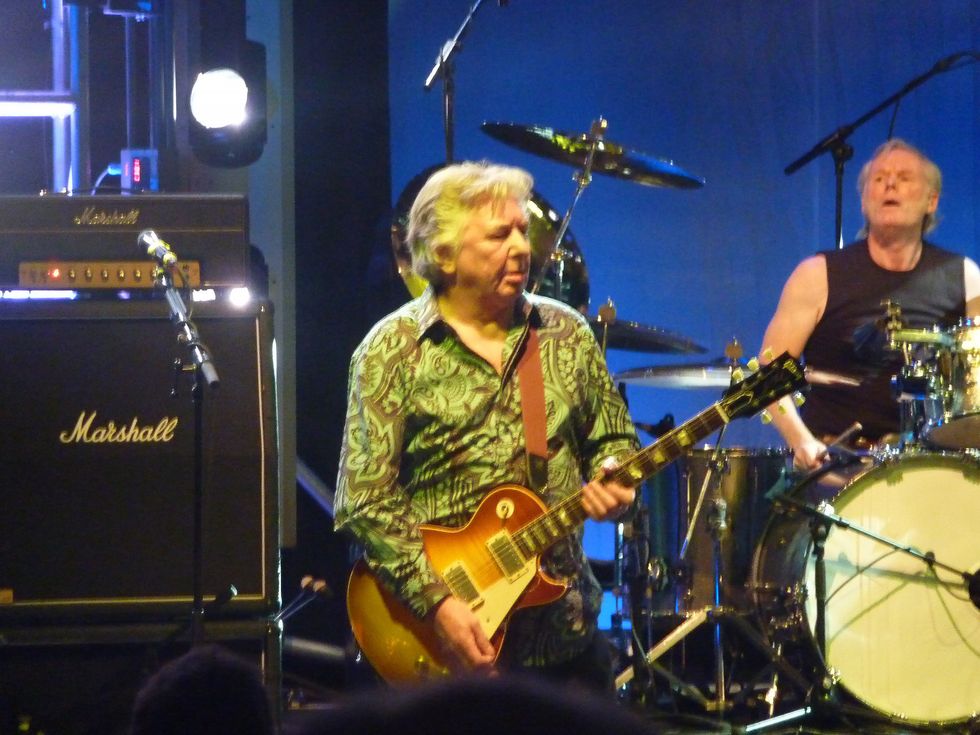
Ralphs’ dynamic guitar style would be headlined on yet another Hoople hit, “Roll Away the Stone.” This came right before he departed the band in 1973, in large part due to tensions with Hunter. Their beef even reached the rock press, though Ralphs’ decision would lead to a different pathway and subsequently more personal success as an instrumentalist and songwriter. He’d developed a friendship with vocalist Paul Rodgers, who’d also recently left the band Free. What was first viewed as only a writing partnership blossomed into a recording session, and drummer Simon Kirke asked to sit in. They would recruit former King Crimson member Boz Burrell as the bassist, and Bad Company was born. The self-titled debut LP topped the charts, Ralphs’ tune “Can’t Get Enough” (also known as “Can’t Get Enough of Your Love”) reached number five on the Billboard Hot 100, and the album was ultimately certified as a five-times-platinum seller.
Instantly identifiable power chords, crackling riffs, and engaging, entertaining lyrics were the assets of the best Bad Company singles and albums. Ralphs’ array of compositional gems also included “Good Lovin’ Gone Bad,” and a re-recorded, bigger hit version of “Ready for Love.” In addition, he co-wrote “Bad Company,” “Feel Like Makin’ Love,” and many other staples of the classic-rock canon. Bad Company cut 12 albums in one incarnation or another between 1974 and 1996. Ralphs and Rodgers would maintain their friendship and work together periodically during Ralphs’ later years. He’d also have reunions with his mates in Mott the Hoople (2009, 2013) and Bad Company (2008, 2010, 2016). He even toured with Hunter in 2002. One of his finest post-Hoople/Bad Company achievements was co-writing “Flying Hour” with George Harrison in 1988, plus he toured with David Gilmour in the mid-’80s, for Gilmour’s second solo album, About Face.
“Feel Like Makin’ Love” and “Ready for Love” might be the most familiar essays in Ralphs’ guitar style. He favored Marshall stacks and explored both their clear and overdriven characteristics. In “Feel Like Makin’ Love,” his blend of acoustic and electric guitar helped define that classic rock trope, and the crushing chords of the refrain are the stuff air-guitar fantasies are made of. Plus, his closing solo, a backdrop to Rodgers’ singing, is pure Les Paul and Marshall bluster. In the latter, his sweet-toned playing walks a line between blues and rock balladry, with a pre-chorus and chorus reinforced by his stinging chords. And while the solo is yielded to Rodgers’ piano, it’s Ralphs who creates the song’s spine. His usual tools: Gibson Les Paul Standards and Juniors, Firebirds, SGs, and a Flying V in the video for “Feel Like Makin’ Love,” as well as Fender Stratocasters, Telecasters, and Esquires.
Ralphs’ forays into solo albums wouldn’t prove quite as successful as his group projects. He cut Take This, his first, in 1984, and released It’s All Good in 2001, and That’s Life—Can’t Get Enough in 2003. None of those replicated the success of the Mott the Hoople or Bad Company releases, but in 2011 Ralphs would return to his early musical love. He formed the Mick Ralphs Blues Band. Though his final performing years weren’t marked with the big hits that characterized his greatest commercial period, Mick Ralphs had a lengthy and impressive career, and he’ll long be remembered for being a prime contributor to some of rock’s finest ensembles. His brawny guitar tones will remain a signature of classic-rock radio as long as the format exists. PG






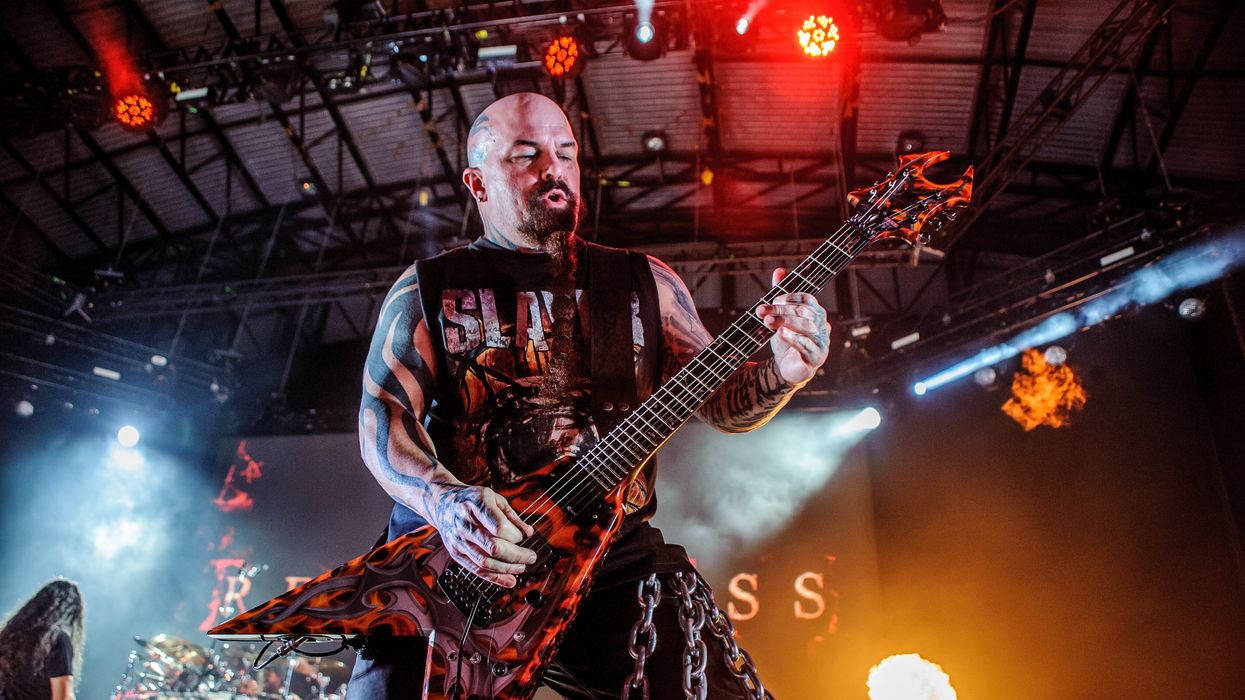
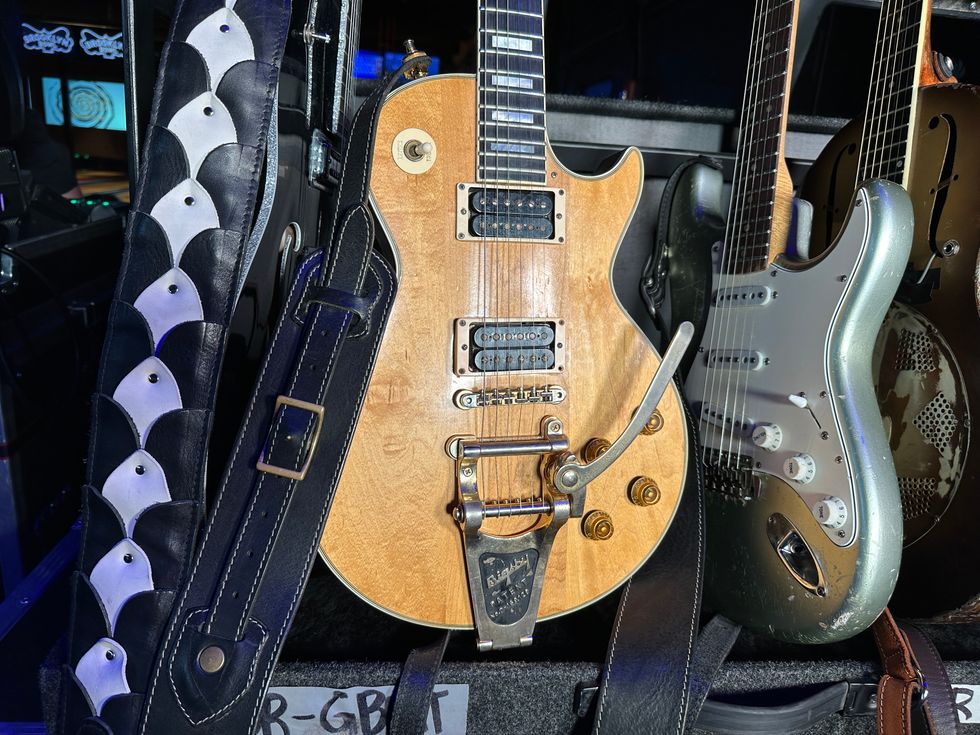
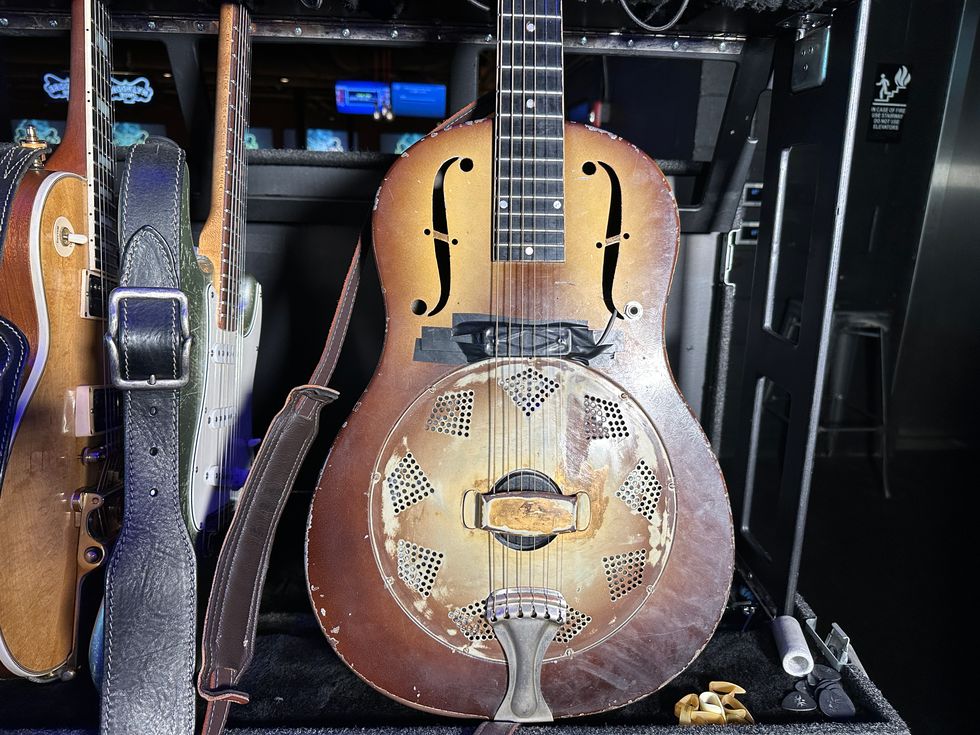
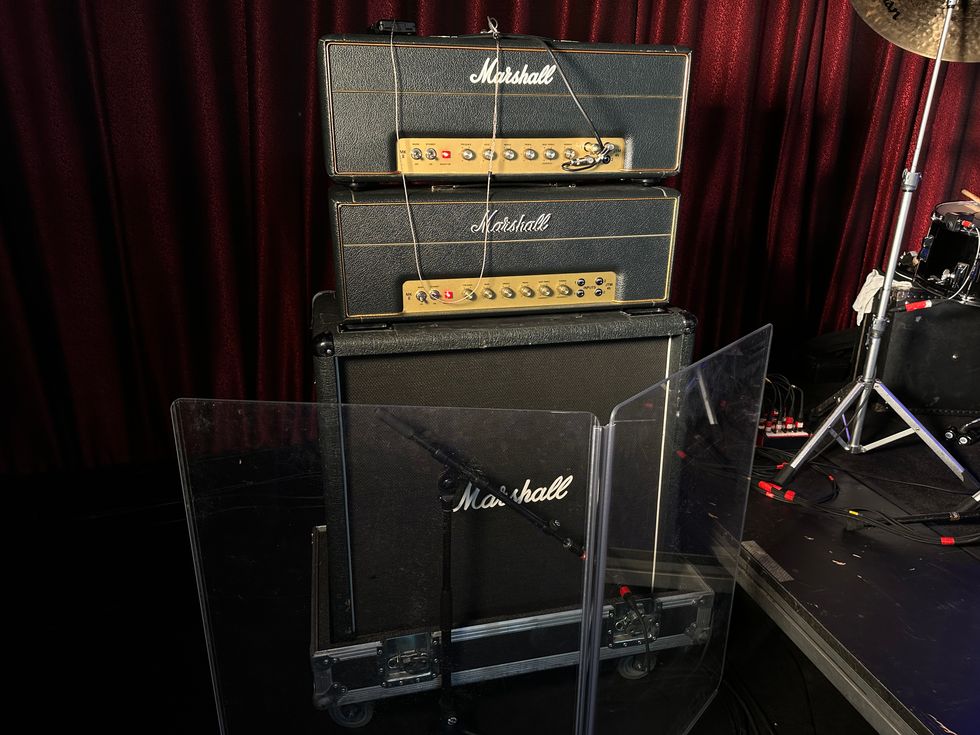
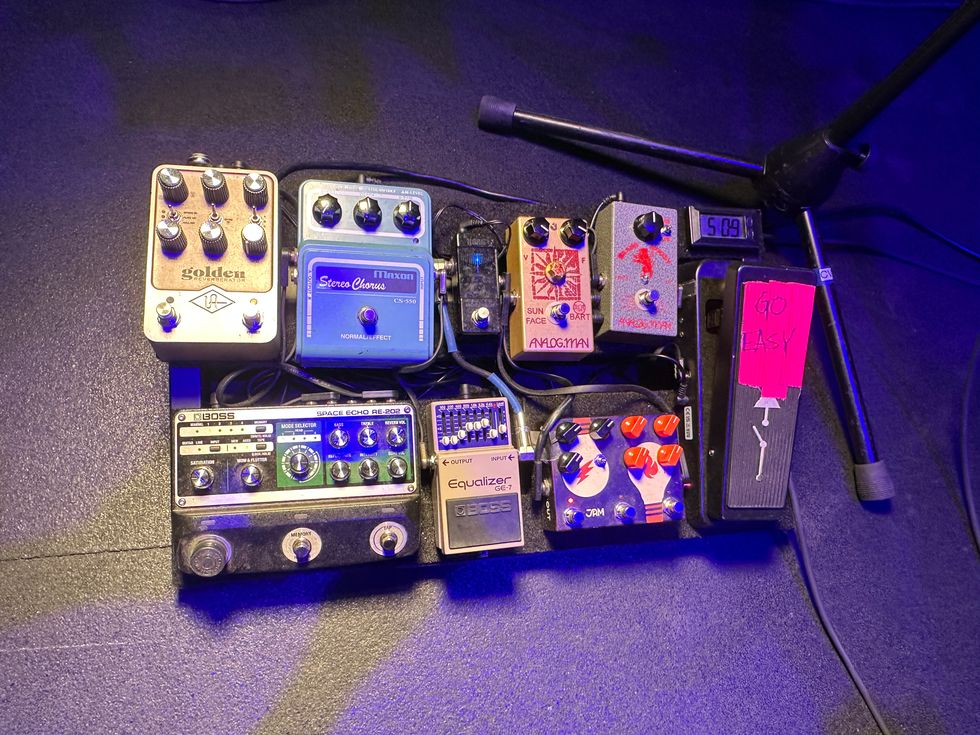
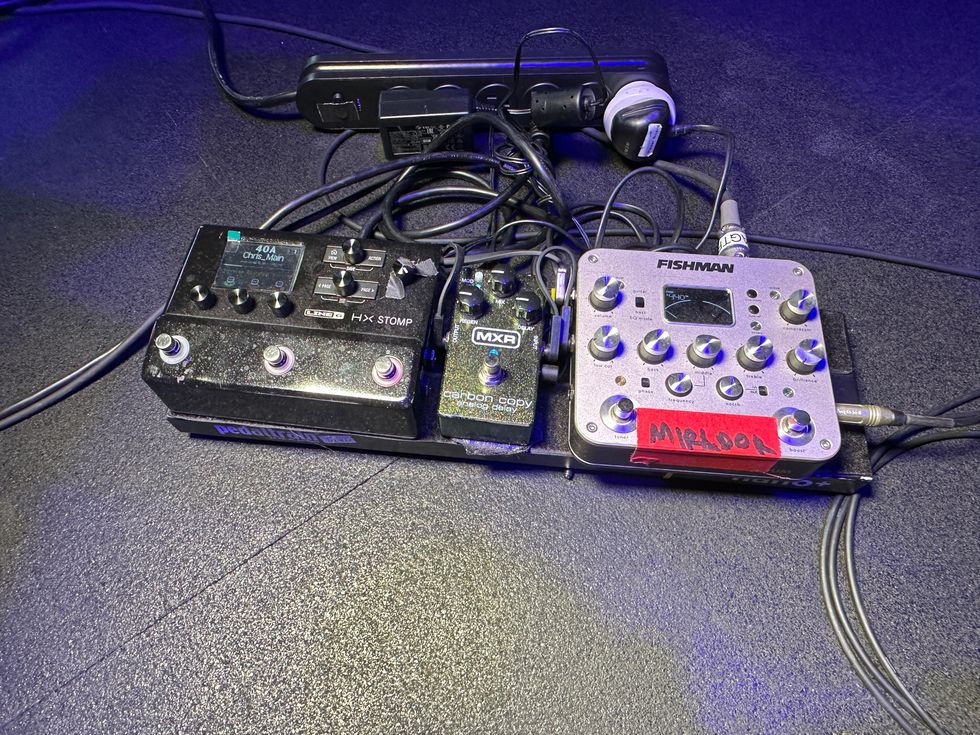
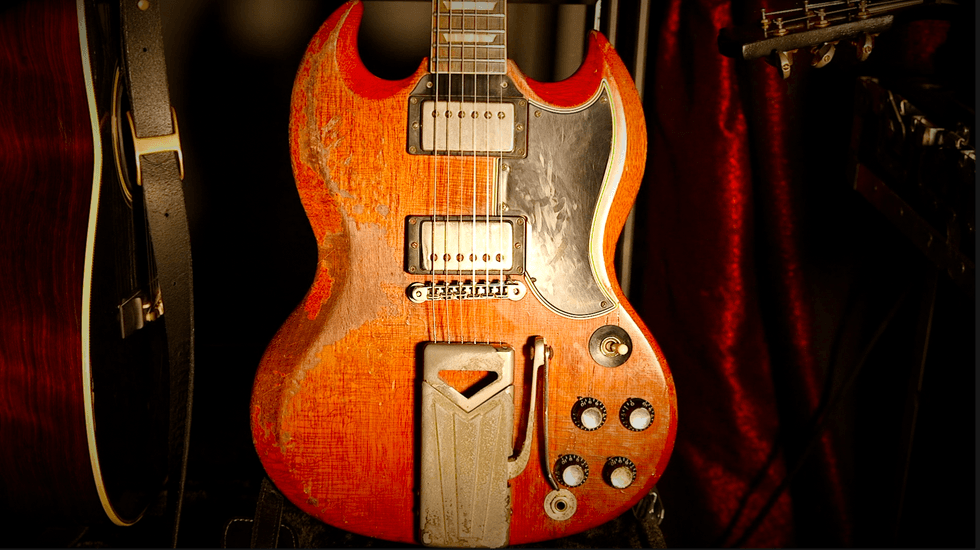
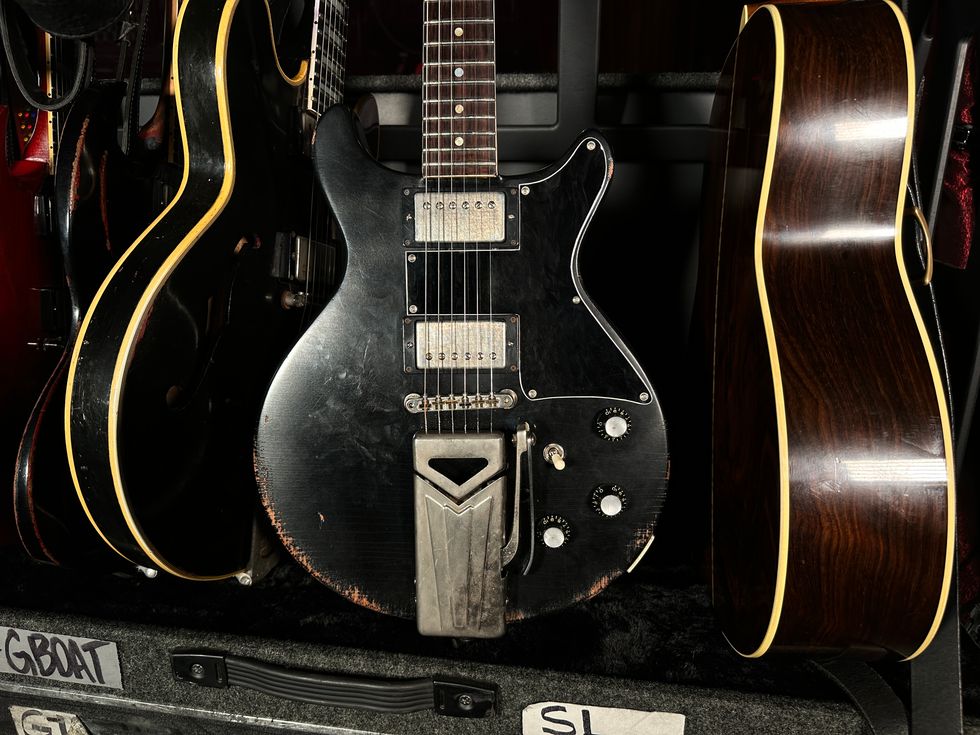
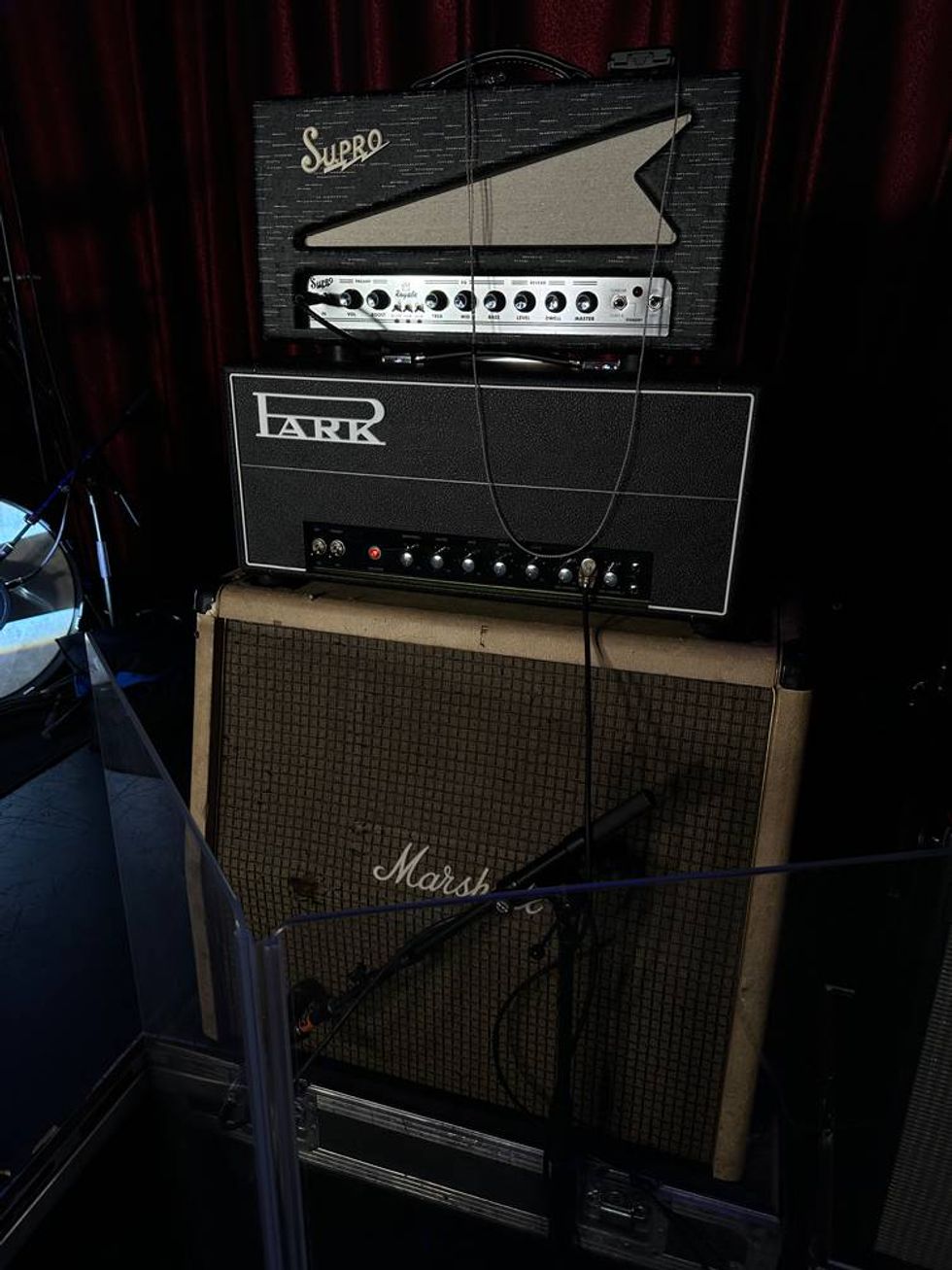
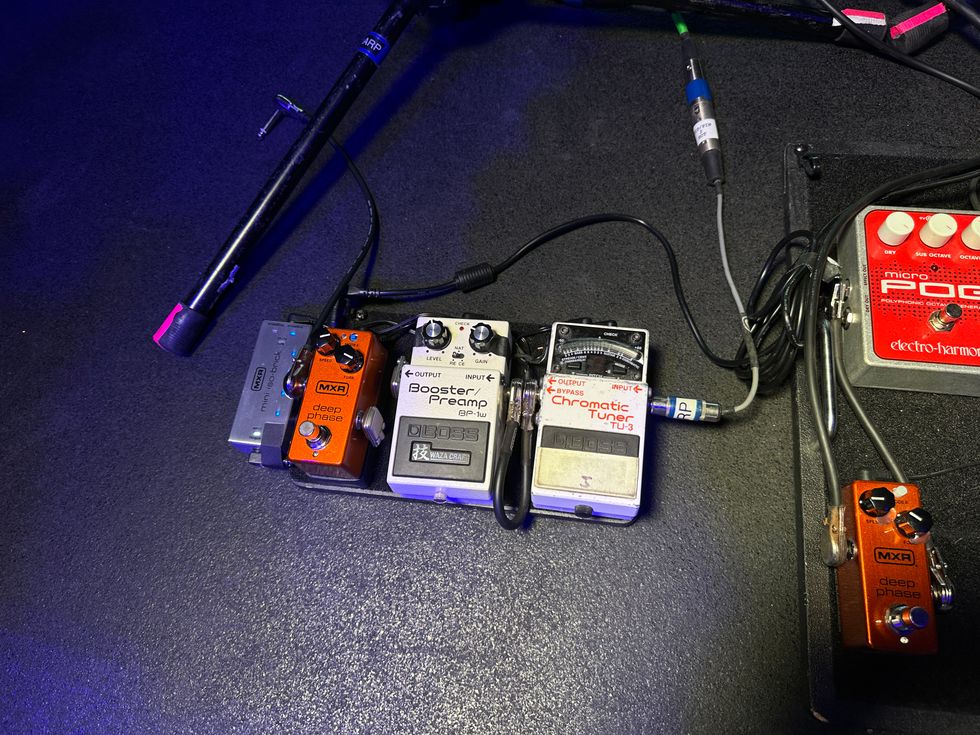
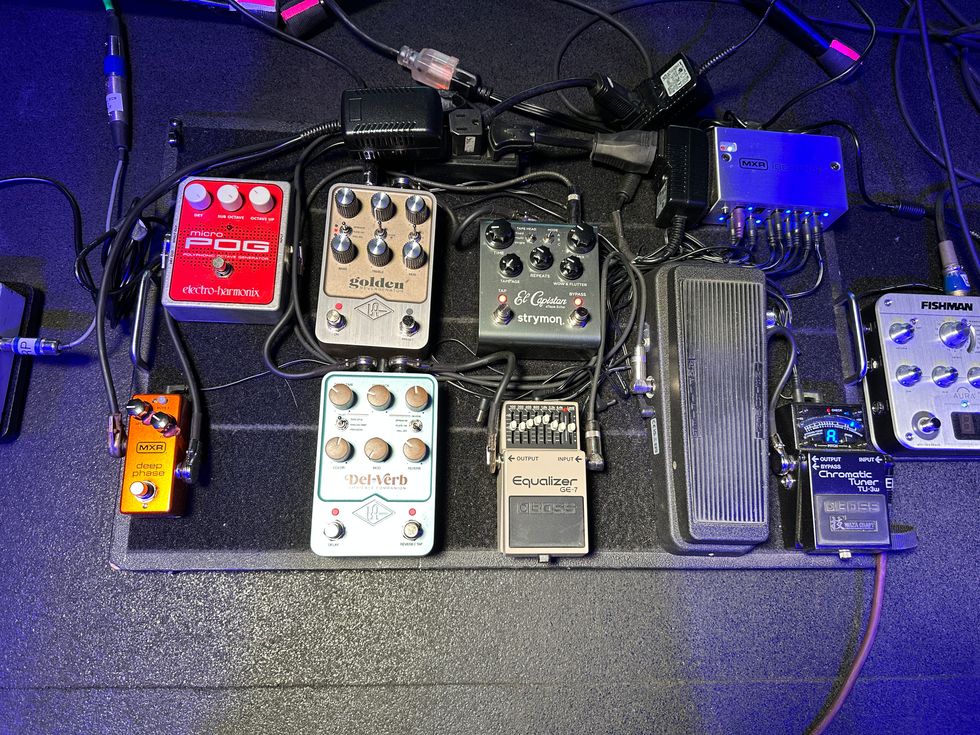
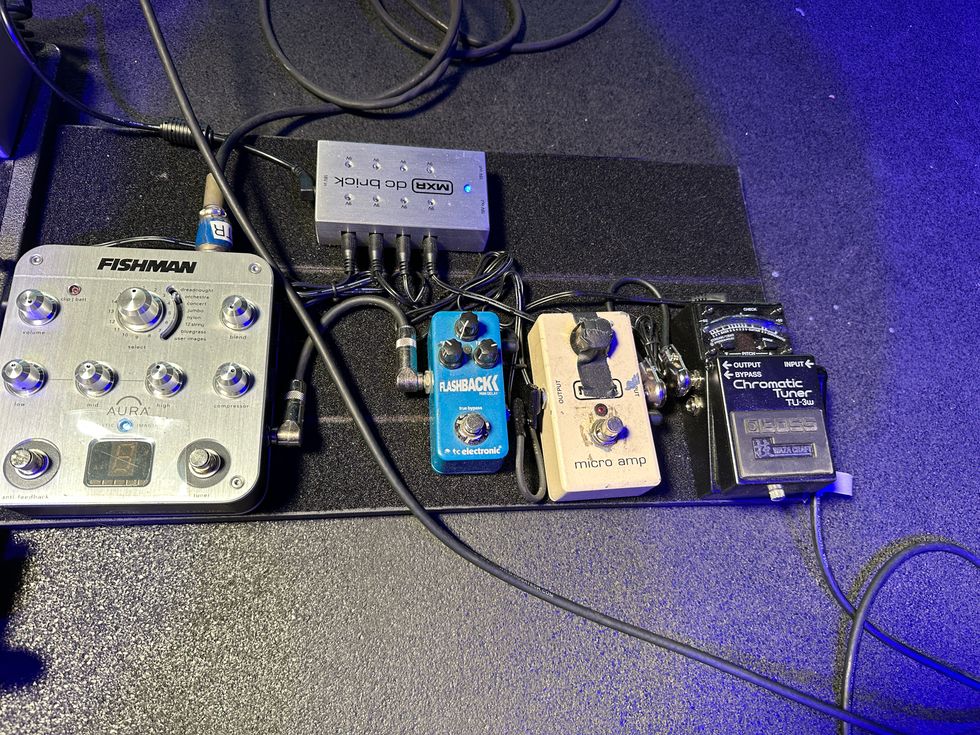

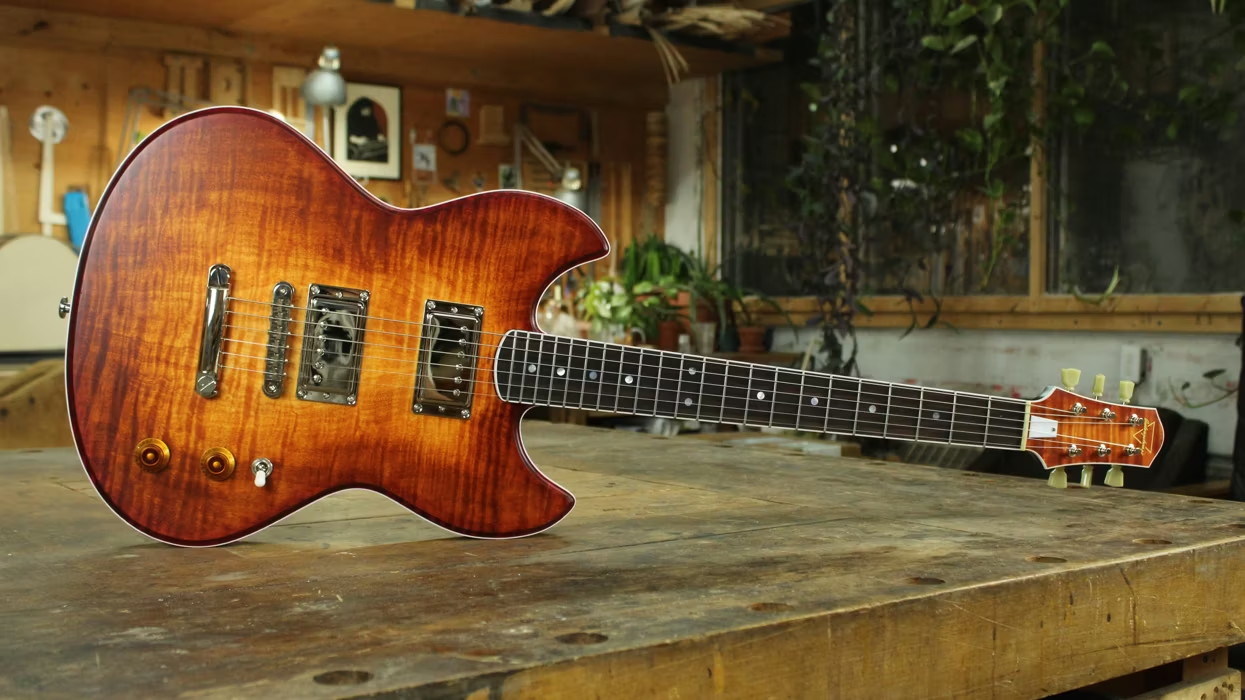
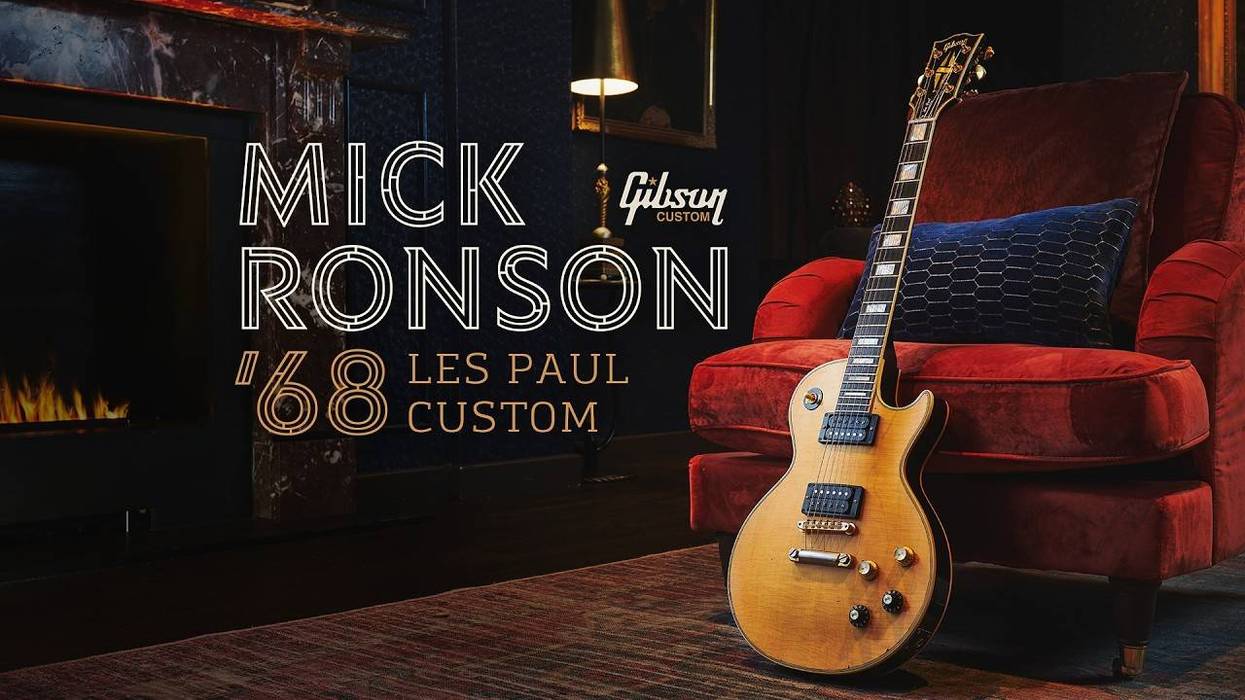
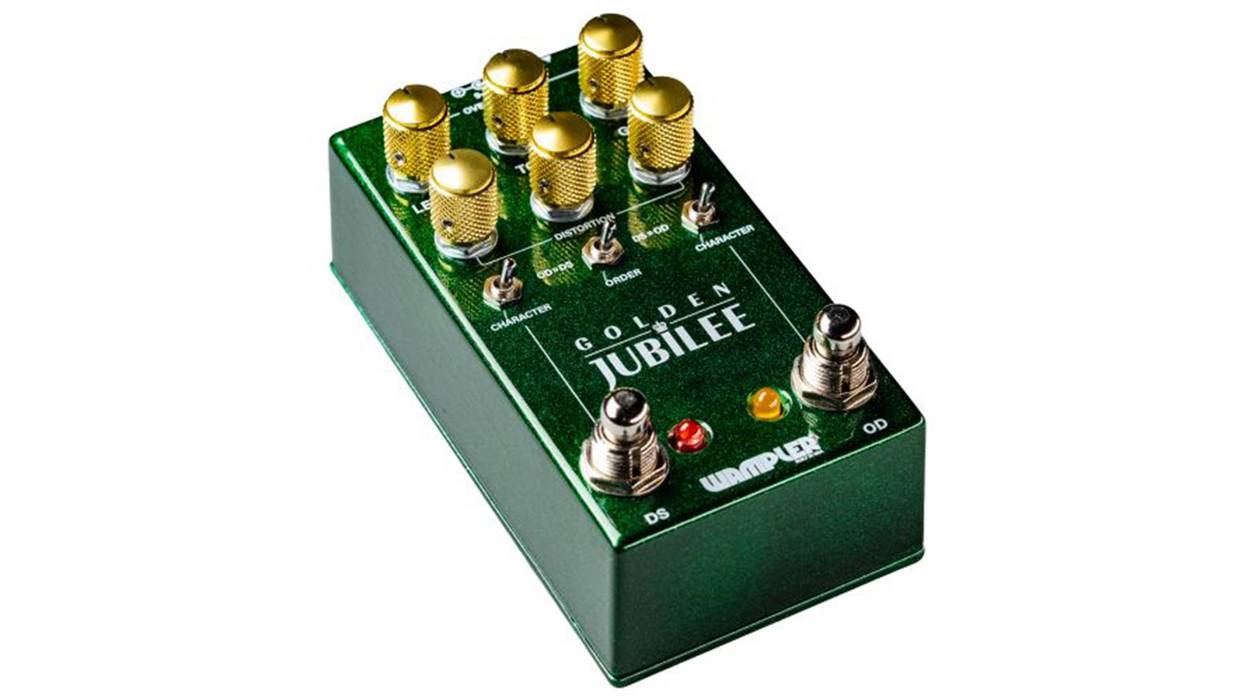
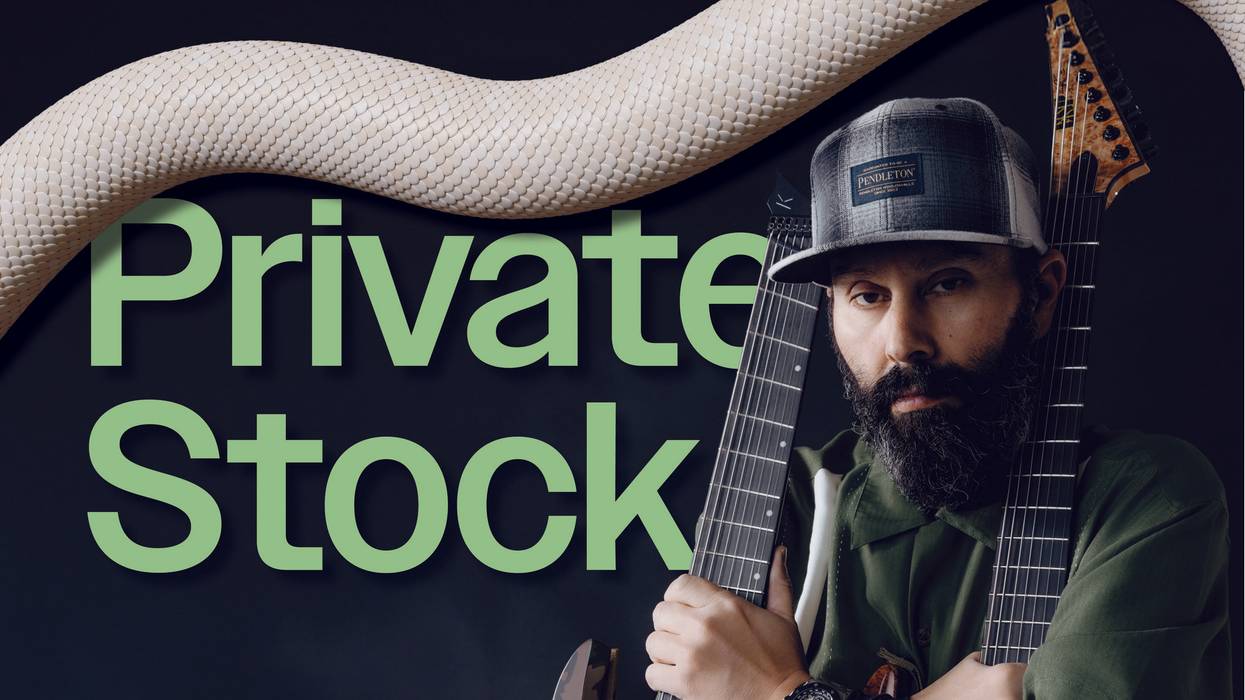
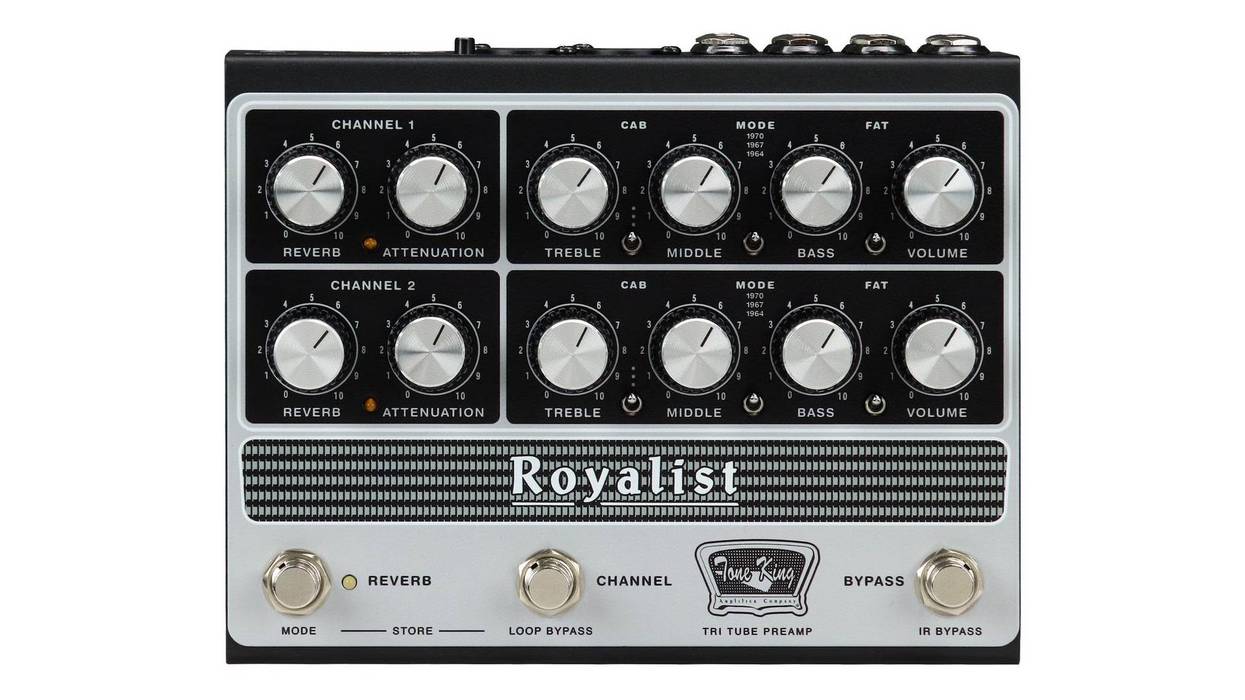
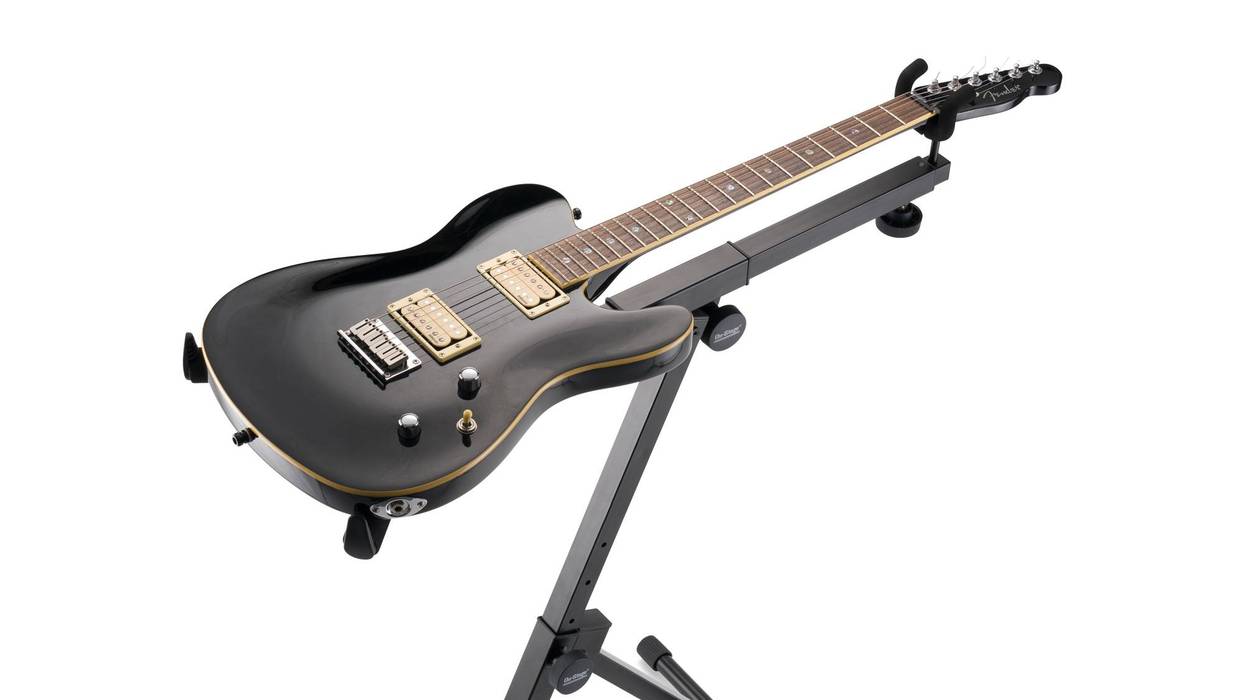






![Rig Rundown: Russian Circles’ Mike Sullivan [2025]](https://www.premierguitar.com/media-library/youtube.jpg?id=62303631&width=1245&height=700&quality=70&coordinates=0%2C0%2C0%2C0)





